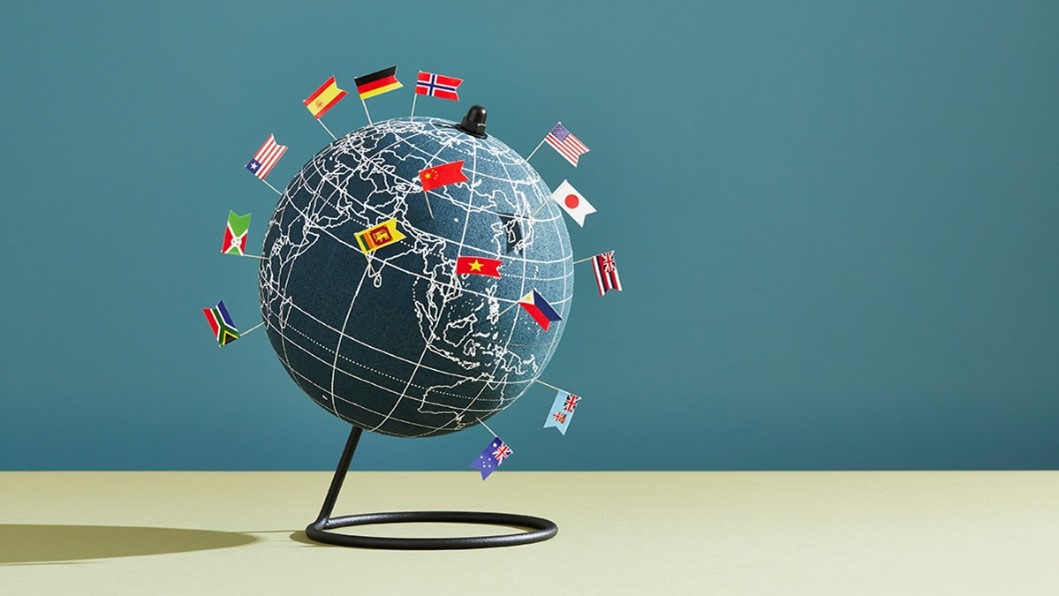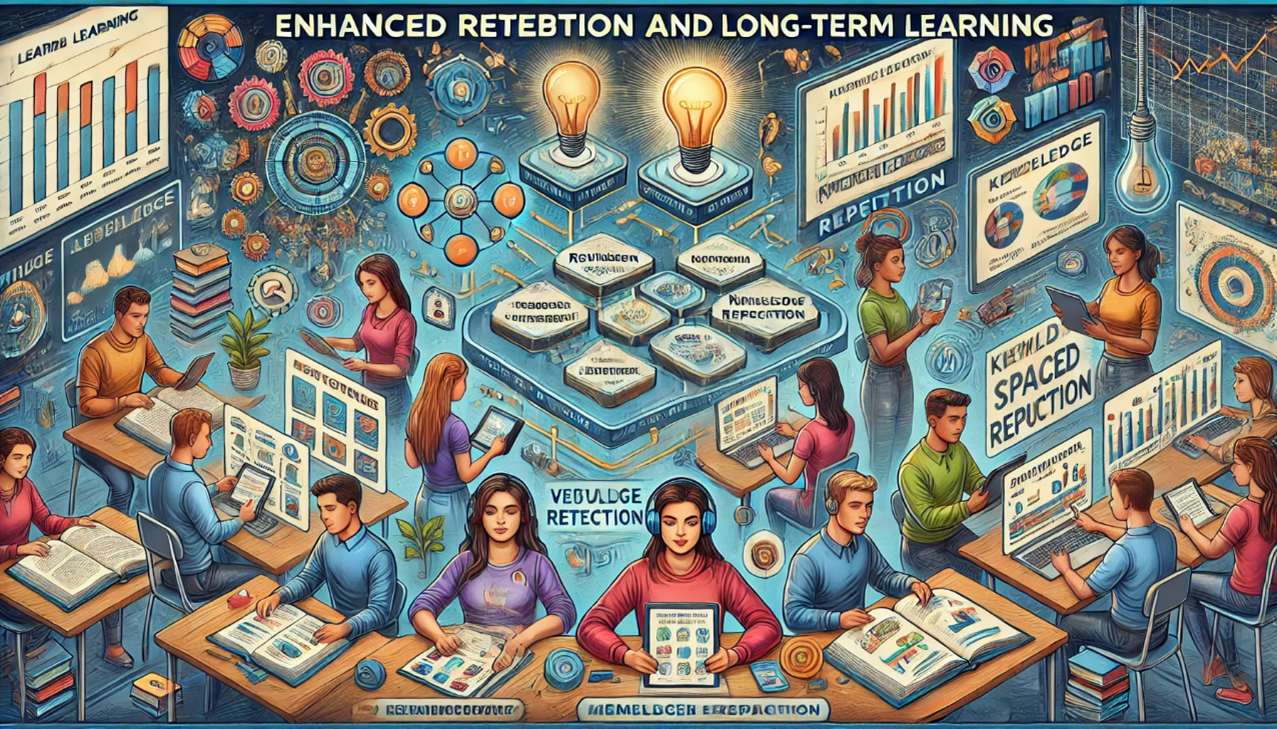What challenges do smaller nations face in navigating the influence of superpowers?

What challenges do smaller nations face in navigating the influence of superpowers?
by Maximilian 04:16pm Jan 02, 2025

Smaller nations face a variety of challenges when navigating the influence of superpowers in a world where major powers often seek to expand their influence. These challenges stem from their relatively limited resources, strategic vulnerabilities, and the asymmetry in power dynamics. Here are the key challenges smaller nations encounter:
1. Pressure to Align with Superpowers
Strategic Choices: Smaller nations are often pressured to choose sides in disputes between superpowers, limiting their autonomy. For example, during the Cold War, many nations were forced into alignment with either the U.S. or the USSR.
Fear of Retaliation: Non-alignment or neutrality can provoke retaliation or diminished support from powerful states.

2. Economic Dependence
Trade and Investment Leverage: Superpowers often dominate the economic lifelines of smaller nations through trade agreements, foreign direct investment, or loans. Dependency can lead to coercion or exploitative terms.
Debt Diplomacy: Smaller nations may face "debt traps," where loans or aid from superpowers come with conditions that compromise their sovereignty.
3. Vulnerability to Proxy Conflicts
Geopolitical Battlegrounds: Smaller nations can become arenas for proxy conflicts, where superpowers support rival factions or regimes to further their own interests, as seen in the Middle East, Africa, and Southeast Asia.
Human and Economic Costs: These conflicts can devastate smaller nations, leaving long-lasting economic and social scars.
4. Threats to Sovereignty
Military Interventions: Superpowers may intervene militarily under the pretext of security or humanitarian concerns, often sidelining the smaller nation’s agency.
Political Interference: Smaller nations face challenges from superpowers meddling in their internal politics, including election interference, support for coups, or influence over policymaking.

5. Balancing Act
Risk of Over-Dependence: Aligning too closely with one superpower may provide short-term benefits but risks alienating other major powers or reducing flexibility.
Backlash for Defiance: Attempts to resist or defy a superpower’s influence can result in economic sanctions, diplomatic isolation, or even military threats.
6. Climate of Uncertainty
Shifting Alliances: Smaller nations must navigate unpredictable shifts in superpower relationships, such as trade wars or diplomatic spats, which can affect their own stability.
Technological Dependence: In sectors like digital infrastructure or defense, smaller nations may find themselves reliant on technology from superpowers, which can be weaponized during disputes.
7. Limited Global Influence
Voices in Multilateral Forums: Smaller nations often struggle to assert their interests in international institutions dominated by superpowers.
Agenda Marginalization: Issues critical to smaller nations, such as climate change for island states, may be sidelined by superpowers focused on their own priorities.
Strategies for Smaller Nations
Non-Alignment and Multilateralism: Many smaller nations pursue non-alignment or align with multilateral coalitions (e.g., ASEAN, Non-Aligned Movement) to balance superpower influence.
Diversification: Reducing dependence on any single superpower by diversifying trade partners, investments, and alliances.
Regional Cooperation: Collaborating with neighbors to strengthen collective bargaining power.
Strategic Partnerships: Leveraging relationships with medium powers to counterbalance superpower influence.

Smaller nations face significant challenges but can mitigate these risks through careful diplomacy, strategic partnerships, and a commitment to multilateralism. Their success often depends on their ability to adapt to a rapidly evolving global landscape while preserving sovereignty and national interests.






